Tokyo, 25 Dzulhijjah 1436/9 October 2015 (MINA) – Turkey’s president marked a two-day visit to Japan by penning an article for one of the country’s leading newspapers extolling the economic benefits of investing in Turkey.
Writing in the Mainichi Shimbun, Recep Tayyip Erdogan concentrated on Turkish-Japanese ties – in particular, commenting on the sinking of the Ottoman frigate Ertugrul off the coast of Japan in 1890, which is seen as one of the foundation stones of relations between the two nations, and the 91st anniversary of diplomatic relations, Anadolu Agency quoted by Mi’raj Islamic News Agency (MINA) as reporting.
Erdogan said Turkey and Japan are two great nations living at either end of Asia. Each had a long history and had preserved their unique culture. “Japan has a special place in the eyes and heart of every Turk,” Erdogan wrote.
Concentrating on economic matters, the president praised Turkey’s growth as developed economies slowed in the face of weak investment flows and increasing fluctuation in the financial markets.
Also Read: UN Experts Warn Right Violations in Kashmir by Indian Authorities
He focused on the country’s status as the 17th largest economy in the world and its aim of reaching the top 10 by 2023, as well as its chairmanship of the G20.
In particular, Erdogan focused on the many planned infrastructure projects, such as the Marmara undersea rail link and the Izmit Bay bridge.
Plans for a nuclear power plant near Sinop on the Black Sea coast were held up as an example of commercial cooperation between the two countries, with Japanese companies helping in the construction.
The president said a Turkish-Japanese Science and Technology University in Istanbul – announced last year – would ensure the two countries’ cooperation in science and deepen their strategic partnership.
Also Read: At Least Nine Children and One Woman Killed in Pakistani Airstrike on Afghanistan
In additon, the finalization of the Economic Partnership Agreement would help increase bilateral trade and “carry the mutual investment and service trade to a whole other level,” he added, remarking that he hoped Turkey’s “disadvantage” in trade between the countries would be “balanced with increasing Japanese investments in our country.”
On the fraternal links between Turkey and Japan, Erdogan said he hoped more Japanese tourists would visit Turkey. “The similarities between the two countries and nations are more than the differences, despite the distance,” he said. “Our bond of love is strong.”
Later, in a speech at Waseda University in Tokyo, Erdogan described Turkey as a “safe haven” for Japanese tourists.
Speaking about the current terror campaign facing Turkey, Erdogan said: “Turkey, especially for our Japanese friends, is a safe haven. Turkey has the power and initiative to handle this terrorist organization.”
Also Read: Pakistan Condemns Israeli Settler Attacks in West Bank, Al-Aqsa Storming
He hoped recent events had not given Japanese people a negative impression of Turkey.
The PKK and Daesh have committed terror attacks in Turkey over the past three months while east Asian tourists have been attacked after being apparently mistaken for Chinese nationals during nationalist protests over China’s treatment of the Muslim Uighur minority.
Addressing a crowd of students and dignitaries, Erdogan described terrorism as a “humanitarian crime” that “cannot be related to any religion, race, ethnicity, culture or geography”.
He added: “The United Nations and the Global Counterterrorism Forum should acknowledge these principles as well. Therefore, whatever Daesh is called, the PKK should also be called the same.”
Also Read: China Criticizes US-Drafted UN Gaza Resolution as Vague, Abstains from Vote
The PKK – designated a terror group by Turkey, the U.S. and EU – renewed its armed campaign against the Turkish state in late July after a Daesh-linked suicide bomber killed more than 30 pro-Kurdish activists. (T/P010/R03)
Mi’raj Islamic News Agency (MINA)
Also Read: Former Bangladesh PM Sheikh Hasina Sentenced to Death





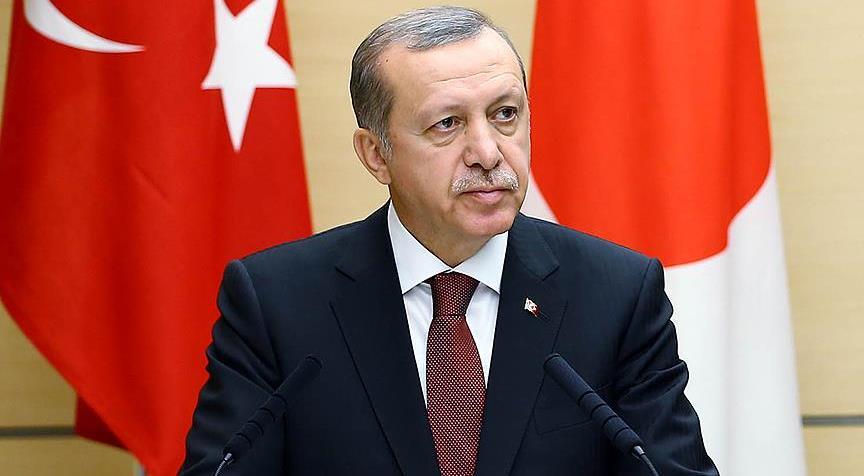




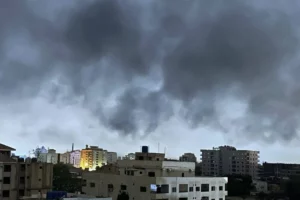

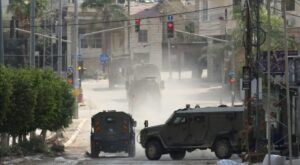
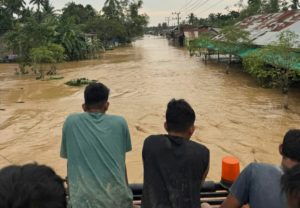
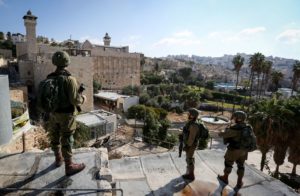
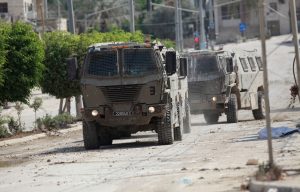
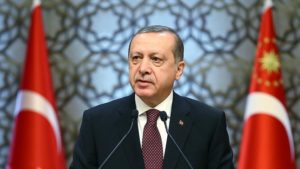
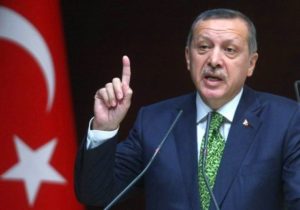
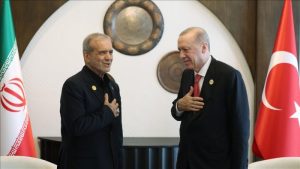













 Mina Indonesia
Mina Indonesia Mina Arabic
Mina Arabic